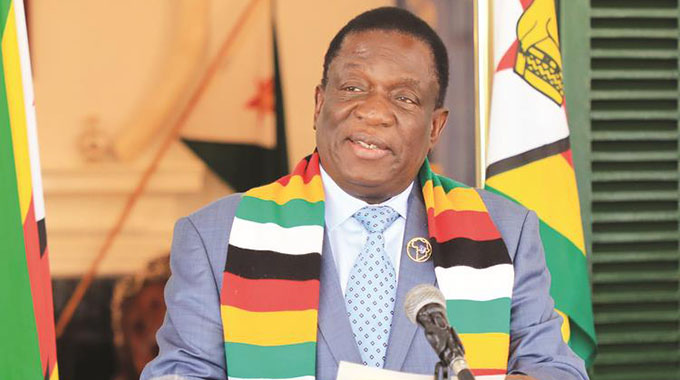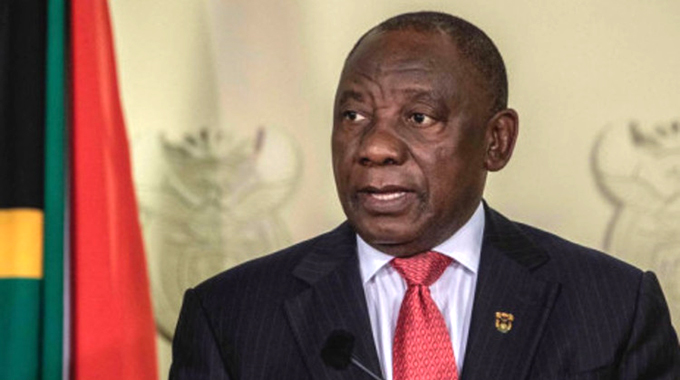Affirmative action alone won’t cut it

Leroy Dzenga, Features Writer
In 2016, United States rapper Kanye West released a song “No More Parties in LA” on his album “The Life of Pablo”.
The song, which takes an abstract poetic form, talks about how at some point one needs to grow up.
Known as an eccentric act, the rapper speaks of intent to build sustainably, hinting at reinvention.
Although the song is a few years old, the message behind it can be extracted in the present Zimbabwean context.
Young people have been at the centre of conversations to both their detriment and benefit. There is a section which is of the belief, including the youth in spaces of governance, that leadership can be the panacea to some of the problems the country is facing.
President Mnangagwa and his cabinet believe the same too.
During his election campaign, President Mnangagwa promised to ensure 25 percent of his Cabinet are youths.
In the present Cabinet there is a significant number of young faces, a positive break from the past where a young appointee would find themselves isolated without peers.
Even in Parliament, a need for more youth voices has been seen as a necessity.
Zimbabwe, by having 10 reserved youth seats in Parliament, is leading in enhancing political participation among the country’s largest demographic.
Whether or not 10 seats are enough, is a conversation for another day, the initial intention has to be applauded and duly recognised.
Only 14 percent of all parliamentarians in the world can be classified as the youth and to see a country pledging to play a part in increasing these numbers is welcome.
The underlying conversation has that in the corporate and public space — the youth has to be given more space as well as responsibility.
Ideas of that nature have always been dangled in conversations about public policy but rarely followed up with requisite action.
In the book “The Wretched of the Earth”, Frantz Fanon gave one of the most poignant quotes when he said;
“Each generation must, out of relative obscurity discover its mission, fulfil it or betray it.”
Again, Fanon could have been preaching to the Zimbabwean youth who find themselves with renewed interest in their participation to national development.
The class of 2013 set a precedent and it is up to the youth of today who will get opportunities to defend their right to inclusion and undo a riddled past.
Institutions in existence can help ensure young people who are included in corporate leadership or governance work in a way that does not reverse gains in youth involvement.
When some are bestowed with responsibility, they develop a knack for looting.
The Zimbabwe Anti-Corruption Commission (ZACC) and related organisations should keep an eye on the youth appointed on boards and other prestigious spaces with looting potential.
This will help keep the integrity of the country’s young intact, fuel looting scandals at Zimbabwe Youth Council around 2015, 2016 are enough insight on how wrong things can go when some youths do not have a prying eye over them.
Youth energy is not limited to innovation only, it can be directed to sinister vocations in equal measure.
Even the nature of contracts should be purely competence-based.
If companies, parastatal and Government departments finally accede to having youth quotas in their recruitment, they should pursue a strict competence-based approach.
This will help bring out the best in young people and at the same time ensuring there is little room for complacency.
During the liberation struggle, the future of this country was mapped by the youth who decided they needed the state of affairs to improve.
They did not spend too much time philosophising but joined the liberation struggle, in their different capacities.
Today, Zimbabwe needs young people of integrity to play a part in its rebirth, especially on the economic front.
However, inclusion may sound a smooth and romantic concept but it comes with a set of demands.
A quick list includes hard work, honesty, competence and integrity among others.
So for the youth to be effective in roles being advocated for, there should be systems in place to ensure there is the best possible result from their involvement.
Affirmative action alone cannot cut it; we have a country to build.








Comments